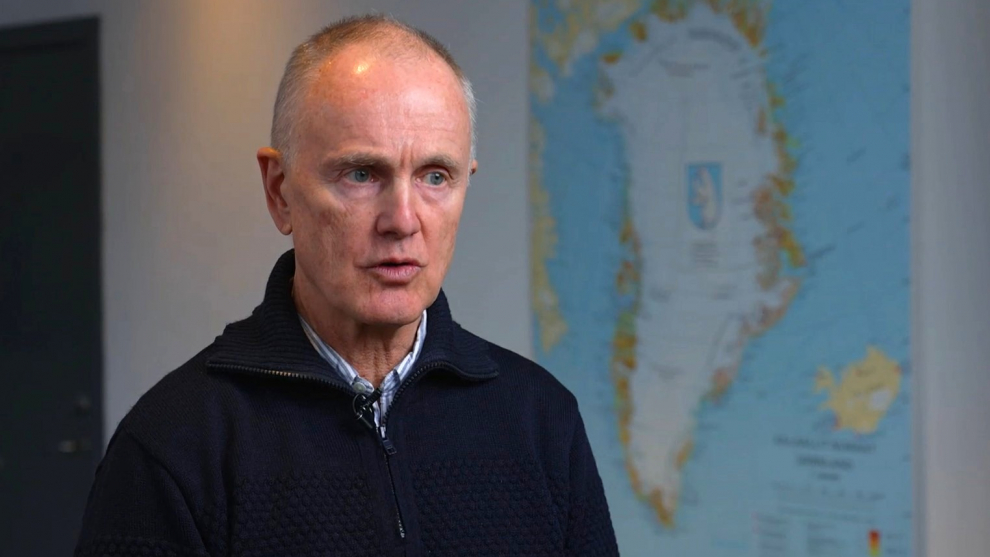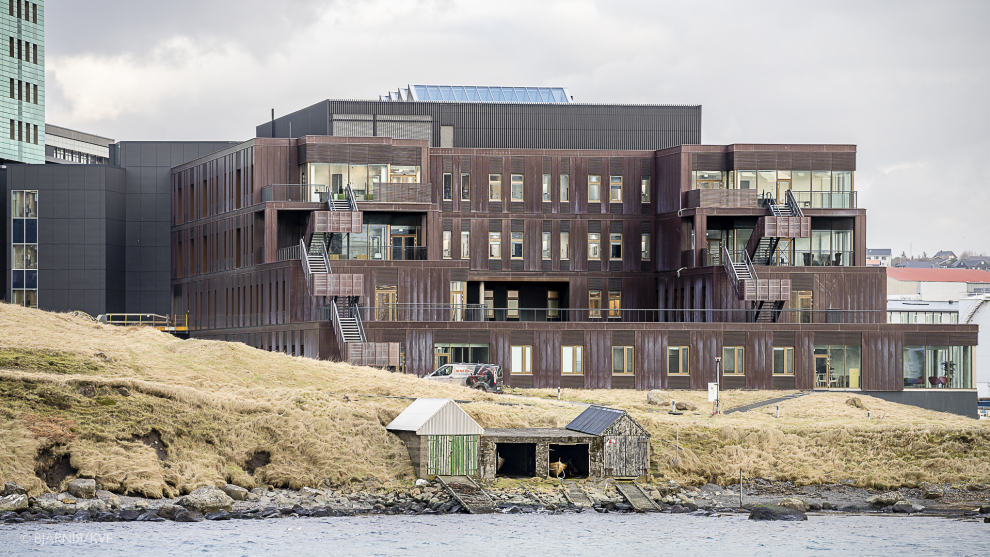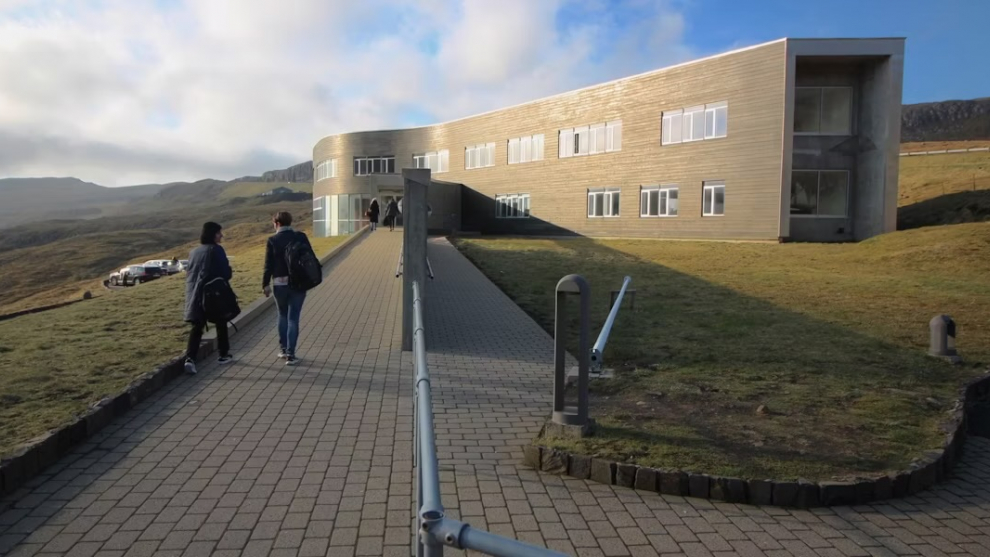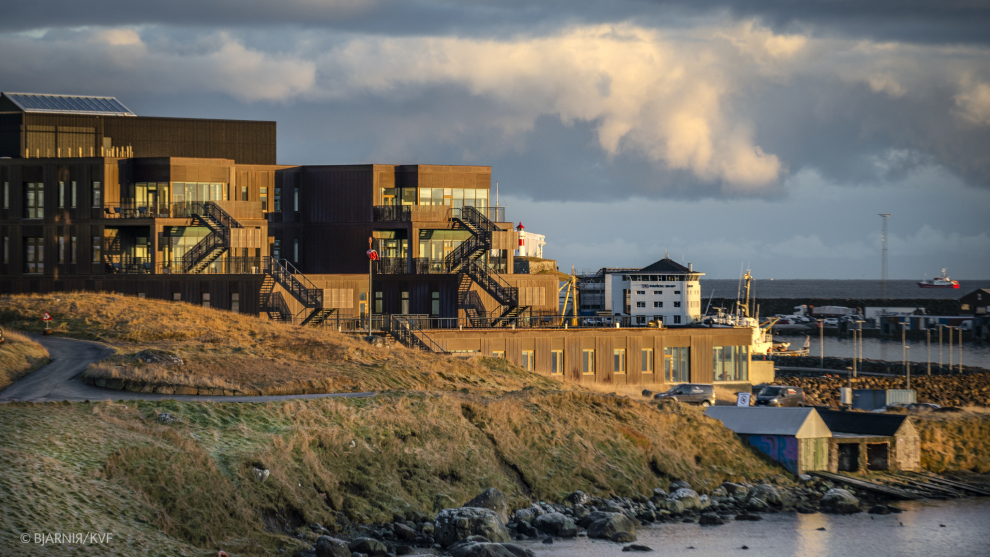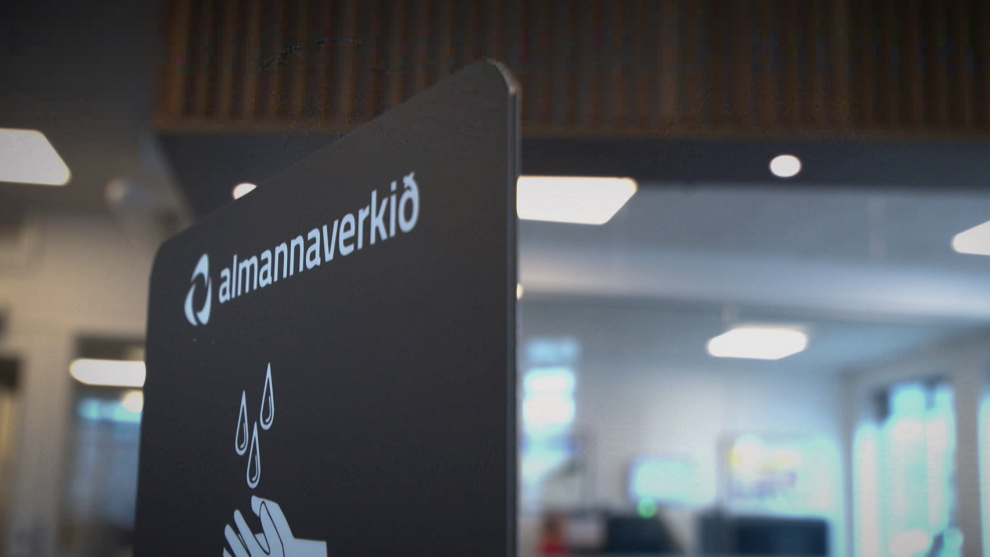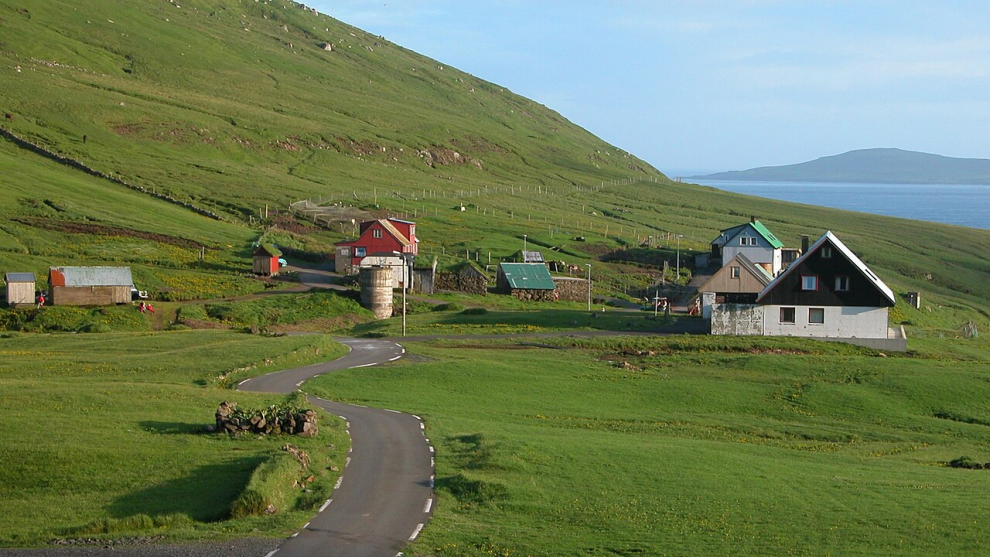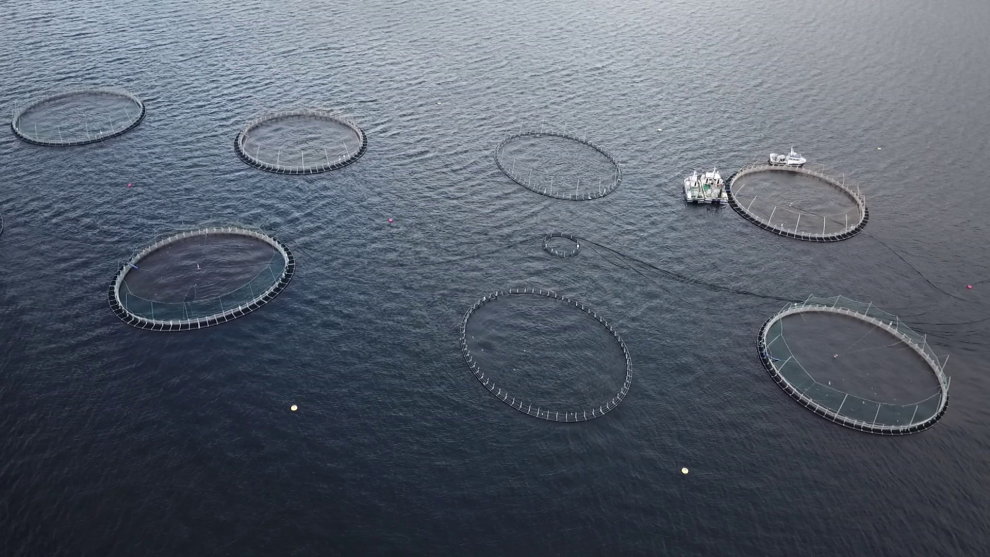- Tíðindi, mentan og ítróttur
House prices outside Tórshavn are rising

The first half of this year saw house prices increase in many parts of the country, despite expectations of Covid-19 affecting consumer confidence.
Areas outside Tórshavn have seen a particularly high price rise in the first half of this year compared to the same period last year, according to the National Bank.
On average, house prices increased by more than 10 percent in the large towns and about 30 percent in the small villages as well as in Sandoy and Suðuroy. The National Bank points out that since relatively few houses were sold in the small villages, Sandoy and Suðuroy, individual sales may have disproportionately affected the average price.
>> SEE ALSO Property sales not impacted by Covid-19
Fewer homes were sold in the capital, and the average house price went down in the first quarter of this year.
Tórshavn’s average house prices were 20 percent lower in the first half of this year compared to the same period last year. In the second quarter, however, prices approached last year’s levels again, and the latest estimates indicate an average house price of almost DKK 3.2 million in Tórshavn.
The capital’s house prices have been on a sharp rise in recent years, increasing by 25 percent last year, compared with 2018.
The average price for a flat in Tórshavn has increased from DKK 2 million to DKK 2.4 million in the first half of this year compared to the same period last year. The price per square metre for flats in Tórshavn is now DKK 28,000.
The Covid effect on household finances
According to the National Bank, the Covid-19 pandemic does not appear to have affected household finances as badly as initially estimated.
One reason for this, according to the bank, is that people who have had limited access to work during the pandemic have been secured an income basis through financial rescue packages and by offers of deferred repayments of their bank loans.
As a result of this, the purchasing power has remained unchanged in the first half of this year.
This corresponds with the latest consumer survey by Statistics Faroe Islands, which showed that households did not expect their financial situation to worsen significantly, despite a general pessimism about how the pandemic would affect the national economy.
Translated by prosa.fo














